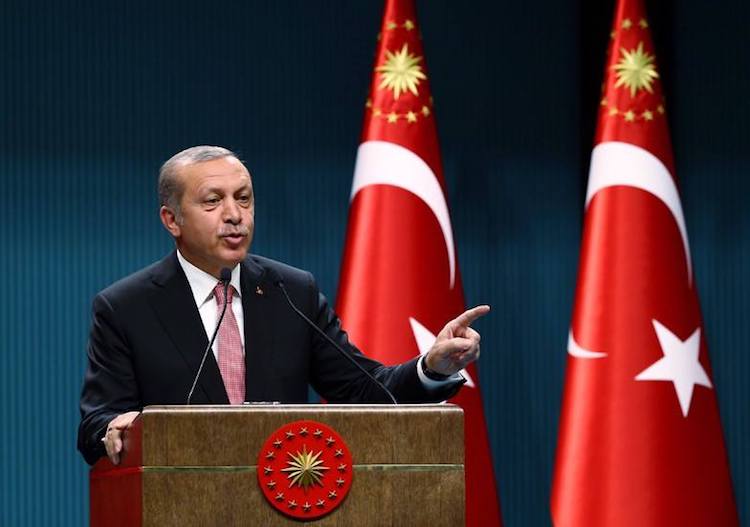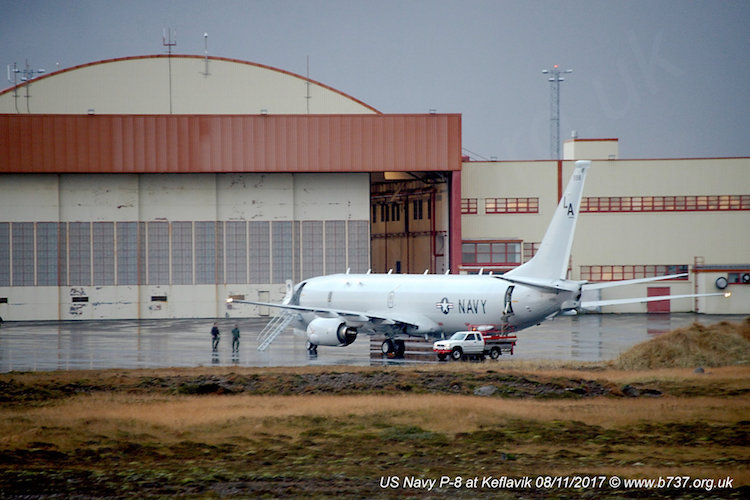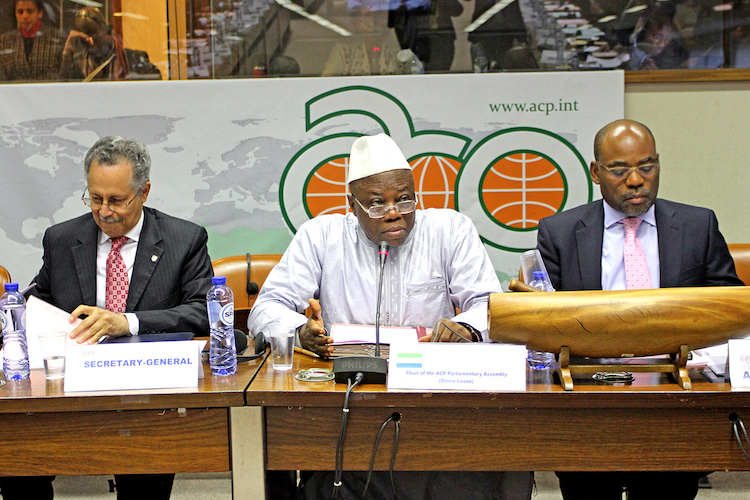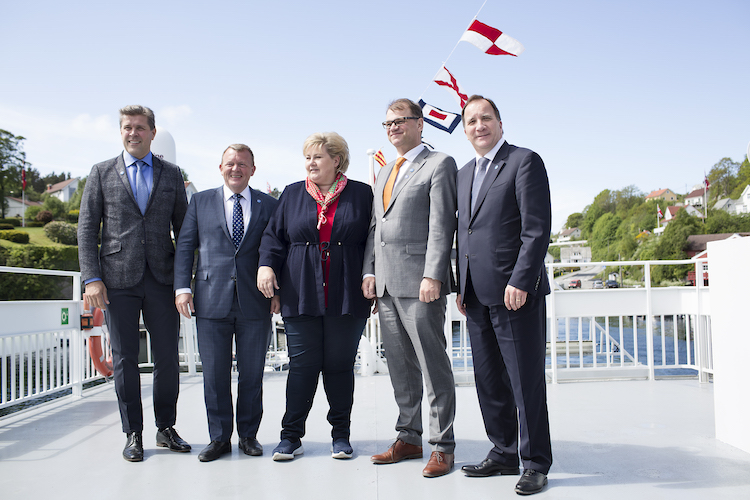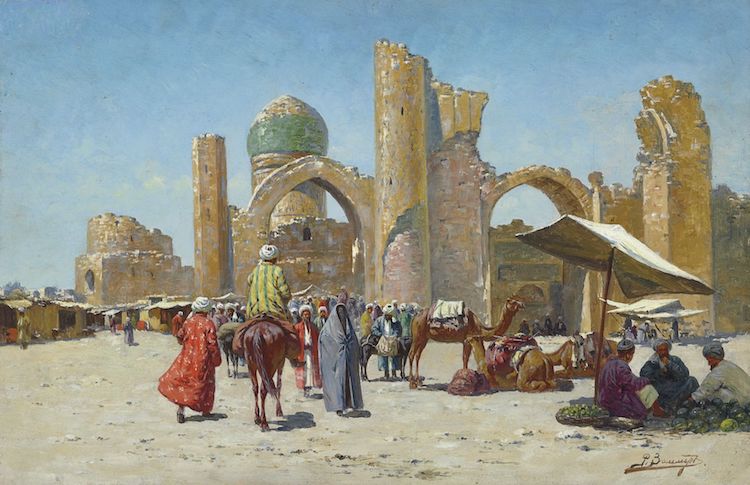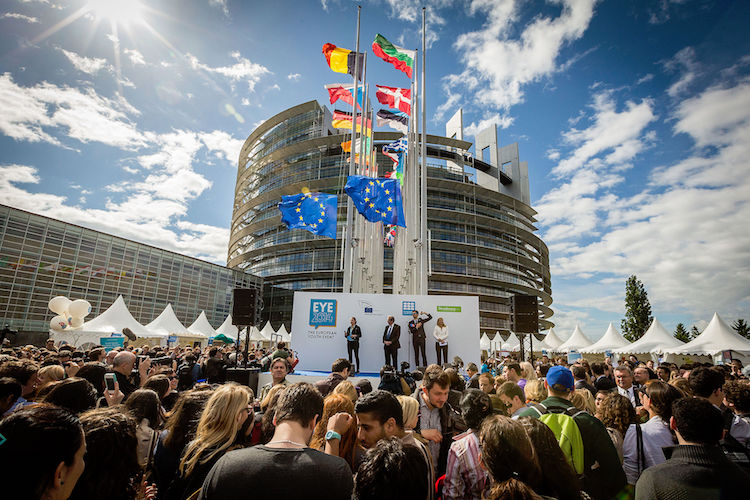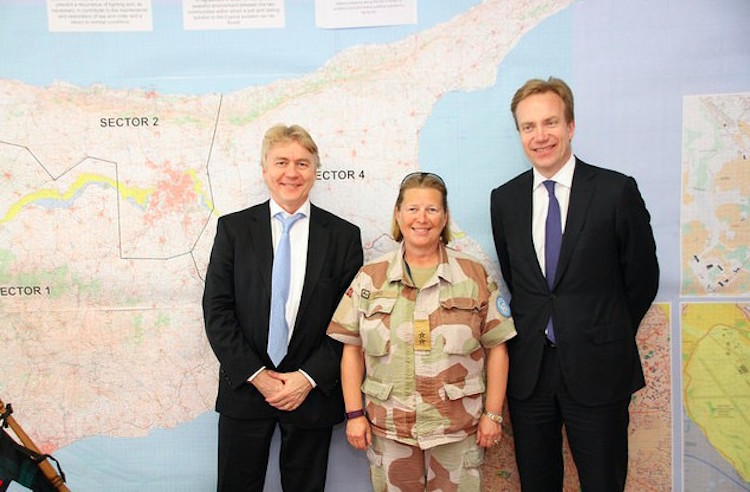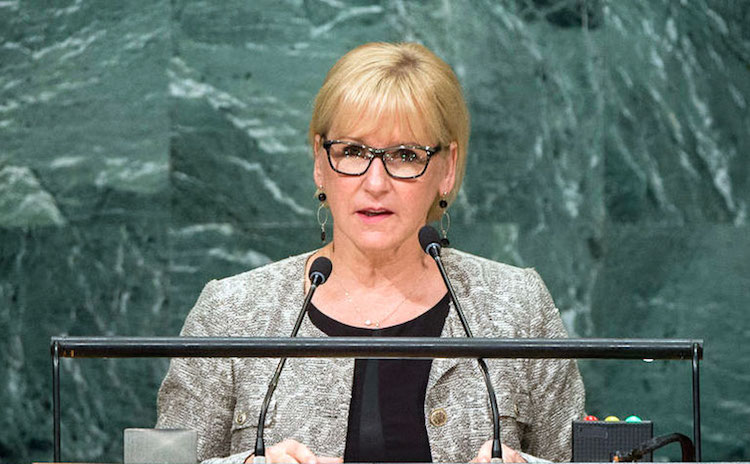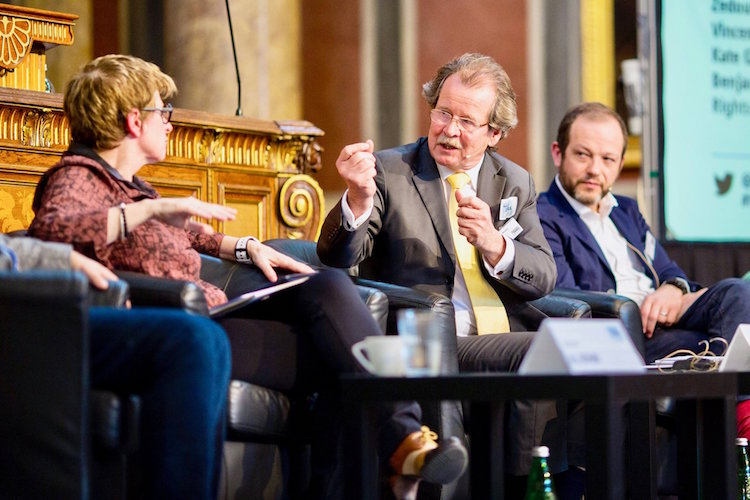By Pier Francesco Zarcone* ROME (IDN) – It is not being dealt with by major media, but there appear to be new and dangerous winds of war about to blow in the eastern Mediterranean. On October 15, 2016, in a speech at the university that (modestly) bears his name, Turkish President Recep Erdoğan outlined some […]
NATO Demands Cause Headaches in Iceland
By Lowana Veal REYKJAVIK (IDN) – In February 2016, the U.S. government started discussions with its Icelandic counterpart on the possibility of carrying out necessary changes to the doors of the NATO hangar at Keflavik airport so that newer, larger submarine reconnaissance planes could be housed there. The matter was eventually concluded in December 2017, […]
Milestones of the Bolshevik Revolution in Russia 100 Years Ago
By Somar Wijayadasa*
NEW YORK (IDN | INPS) – The 7th of November this year marks the centenary of the Russian Revolution – an indelible landmark and a turning point in the history of Russia – that established the Communist rule under what became the Soviet Union that is officially known as the Union of Soviet Socialist Republics (USSR). The revolution shaped world politics of the 20th century, and saved the Soviet Union from the brutal war, and propelled it to superpower status.
It is called the October Revolution as it happened on October 25 (on the old, Julian calendar), and also known as the Bolshevik (meaning majority) Revolution because it was led by Bolshevik Party leader, Vladimir Ilyich Lenin (1870-1924) – a revolutionary, politician and political theorist. The strategy for the revolution was crafted by the Russians – due to intolerable conditions resulting from centuries of serfdom under which the Russian people suffered during the Czarist autocratic rule.
79 ACP Countries Keen to Remove ‘Imbalances’ in Ties with EU
By Jaya Ramachandran
BRUSSELS (IDN) – Members of Parliament from 79 African, Caribbean and Pacific (ACP) countries want a “radical departure” from the traditional relationship with the European Union (EU), which in their view has been marked by an “imbalance” between the two blocs in terms of economic might and levels of technology and capacity.
The ACP developing countries wish to achieve a level of sustainable development that enables them to progress from being dependent exporters of raw materials to being able to add value to their own products.
Nordic States Support Sustainable Development Goals
By Lowana Veal
REYKJAVIK (IDN) – Leaders of the five largest Nordic countries recently announced support of the Nordic countries as a whole for the Sustainable Development Goals (SDGs) agreed under UN auspices.
The initiative, called Nordic Solutions to Global Challenges, was initially flouted in 2015 when the Paris Agreement on climate change and the 2030 Agenda for Sustainable Development were adopted. As part of the Agenda, 17 SDGs were outlined.
Since the UN climate change in Paris in 2015 (COP 21), the programme has been further developed and was launched at a meeting of the Nordic Council of Ministers on May 30, attended by the Prime Ministers of Denmark, Iceland, Norway, Sweden and Finland.
Uzbekistan Shows the Way for Dealing with Cultural Legacy
By Shastri Ramachandaran
TASHKENT | SAMARKAND (IDN) – Cultural legacies, with their inevitable potential for controversies compounded by competing claims between contending nations, can be fraught affairs. Disputes over art works and artefacts of one country being found in another are legion. The UNESCO convention, which mandates return of illegally acquired objects to country of origin when provenance is established beyond doubt, is actually an acknowledgement that disputes are bound to persist and, therefore, require a basis to be addressed.
Although there are numerous instances where countries have resolved disputes over cultural objects in an amicable manner, many a long-running controversial case remains unresolved. One of the best-known cases is that of India’s fabled Kohinoor diamond.
France Signals a New Lease of Life for Europe
Viewpoint by Jonathan Power*
LUND, Sweden (IDN-INPS) – The result of the first round of the French presidential election has given the Euro-pessimists a knock over the head. About time too. The European Union is not going to face break up.
Big crises come, but they also go. The Euro currency crisis was not dealt with as well as it should have been – austerity was the policy of the long way round – but it passed. The great immigration crisis has been contained, and the number of would-be refugees has fallen sharply.
UN’s First Female Force Commander Talks Gender Equality in the Military
By Shana L. Childs* | Reproduced courtesy of PassBlue
NEW YORK (IDN | Passblue) – Maj. Gen. Kristin Lund made history in 2014 when she was appointed the first female force commander of a United Nations peacekeeping mission – in this case, Cyprus. Still in active duty in the Norwegian military, General Lund, 58, gives lectures and advises the Norwegian Defense University College in Oslo. Although she is proud to have made history and wants to see more women in the world’s militaries, General Lund has no silver bullets for peace.
Nuclear Disarmament, Trump and the Nordic Countries
By Lowana Veal
REYKJAVIK (IDN) – When asked what Sweden thought the Trump Administration should do by way of contributing to nuclear disarmament, the Swedish ambassador in Iceland, Bosse Hedberg, replied: “At this point in time, I am not aware of any common Nordic position being prepared in response to the new U.S. administration’s view on this issue. As one can gather from the media, the new president seems rather inclined to invest more in U.S. nuclear capacities than in scrapping part of U.S. weapons.”
Sweden was the only Nordic country to attend the UNOG Conference on Disarmament held March 21-22 in Geneva, although Finland and Norway are also members.
The Erosion of International Law – Who Cares?
By Julia Rainer
VIENNA (IDN) – “In Syria we have an attack on hospitals every 17 hours, in fact we say the most dangerous place in the country to be in is a hospital. So I ask you, does anyone still believe there is something like international humanitarian law?”
With these sobering words, Zedoun Al-Zoubi, CEO of the Union of Medical Care and Relief Organisations (UOSSM International) which operates in Syria, addressed the audience during a panel discussion at the fourth Humanitarian Congress held on March 3 in the Austrian capital.

